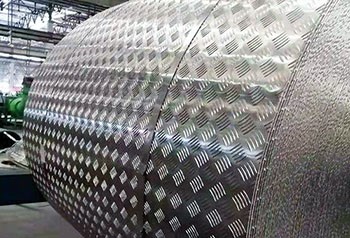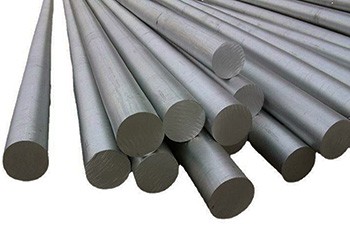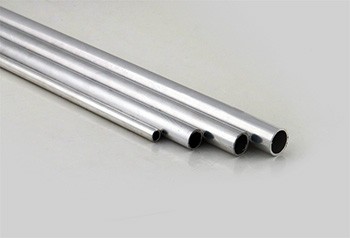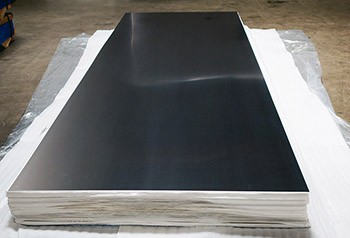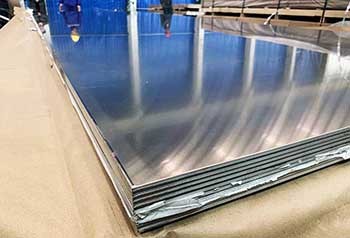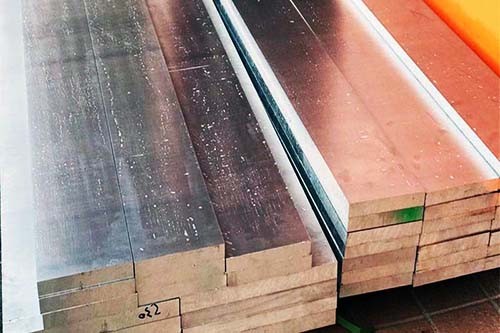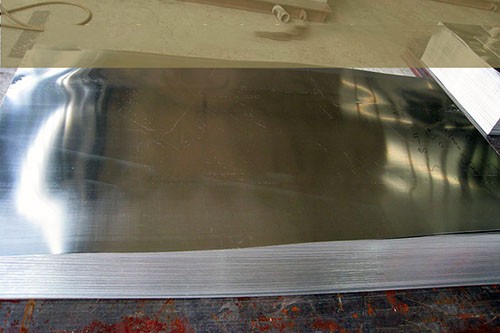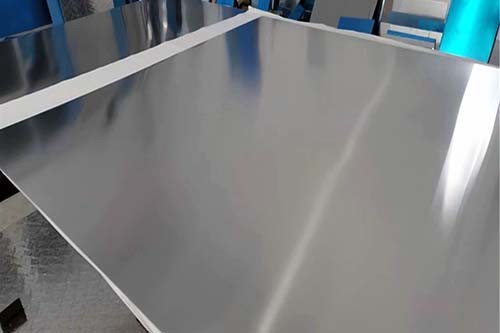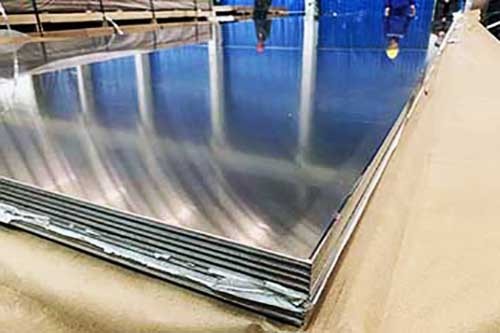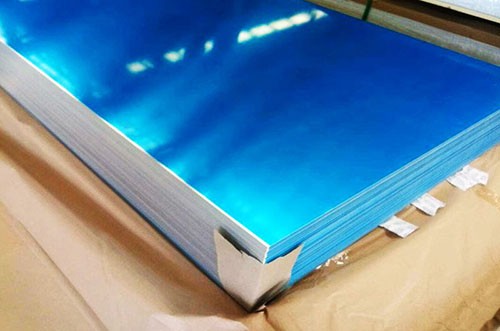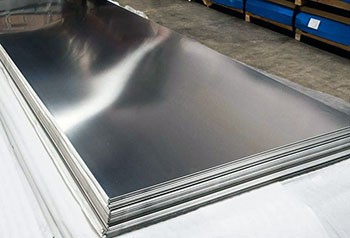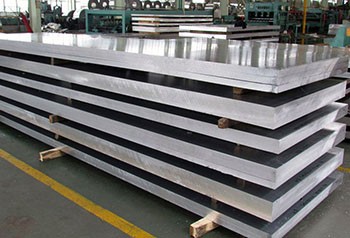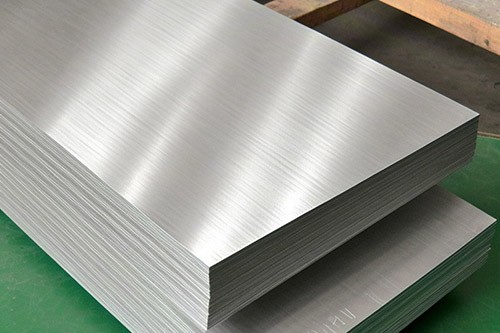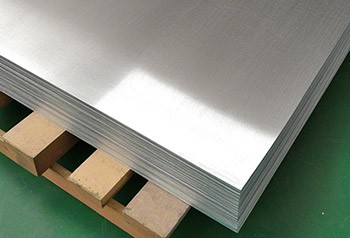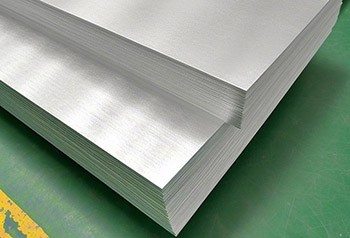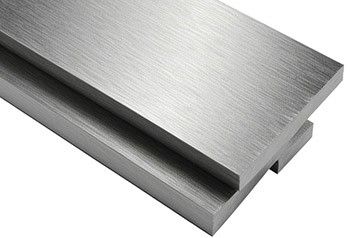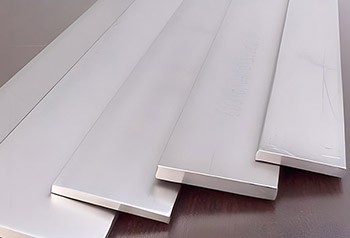5083 vs 5383 Aluminum Alloys: Which is Better for Your Project?
Last Updated :
Difference Between 5083 and 5383 Aluminum Plates for Shipbuilding
5083 is widely used in hulls, decks, and other structural components of ships. 5383 is often used in more critical ship structures, especially those requiring high strength and corrosion resistance after welding, such as the welded structures of high-speed vessels.
Below is a comparison table of the characteristics and applications of 5083 and 5383 aluminum alloys in shipbuilding:
| Property | 5083 Aluminum Alloy | 5383 Aluminum Alloy |
| Strength | Moderate strength, suitable for conventional ship structures | Higher strength, suitable for load-bearing structures |
| Corrosion Resistance | Excellent, ideal for marine environments | Excellent, with better corrosion resistance after welding |
| Fatigue Resistance | Good, suitable for general structural applications | Higher fatigue resistance, suitable for high-speed hulls and load-bearing structures |
| Weldability | Excellent, ideal for welded structures | Better strength retention after welding, suitable for critical welded ship structures |
| Low-Temperature Performance | Maintains strength in low-temperature environments | Also performs well in low-temperature environments |
| Main Application Areas | Hulls, decks, marine structures | High-speed ships, warships, critical welded structures |
| Applicable Scenarios | Suitable for conventional ship hulls and marine facilities | Suitable for ships and marine platforms requiring high strength and high performance |
- If your project requires good corrosion resistance and moderate strength, 5083 is an ideal choice.
- If your project requires high strength and fatigue resistance, such as for high-speed hulls or critical structures, 5383 would be more appropriate.
5383 Aluminum Alloy for Shipbuilding
5383 offers higher strength and better fatigue resistance, making it suitable for load-bearing structures. It performs well in certain high-strength ship and marine applications.
1. Strength and Fatigue Resistance
5383 aluminum alloy is commonly used in ships and marine structures that need to bear significant loads due to its high strength and excellent fatigue resistance. Compared to 5083, 5383 performs better under higher stress and dynamic loads, particularly by effectively reducing fatigue damage during long-term use. It is designed to provide greater durability and reliability in high-speed and high-performance vessels.
Fatigue Resistance: 5383 resists fatigue cracks caused by cyclic loading (such as the repeated forces ships endure in waves), helping to extend the service life of the structure. This makes it particularly suitable for high-speed hulls and marine platforms that frequently experience dynamic loads.
2. Weldability
5383 has excellent weldability and retains its strength and corrosion resistance better after welding. Typically, material strength decreases during welding, but 5383 alloy's optimized chemical composition minimizes strength loss. This is especially beneficial for critical ship structures, such as welded hull plates and load-bearing hull components.
Strength Retention After Welding: Even after welding, 5383 maintains high levels of corrosion resistance and mechanical strength, ensuring that weld joints in critical parts of the hull do not become weak points.
3. Applications of 5383 in Shipbuilding
- High-speed hulls and critical structures: Due to its high strength and fatigue resistance, 5383 aluminum alloy is particularly suited for the welded structures of high-speed hulls. This material is often used in speedboats, warships, and rescue boats, where structural integrity is essential during high-speed navigation.
- Load-bearing structures: Used in load-bearing areas, such as deck beams and ship bottom plates, ensuring that the material does not fail prematurely under high stress.
- Marine platforms: 5383 is suitable for critical components in marine structures, such as floating platforms and drilling rigs.
5083 Aluminum Alloy for Shipbuilding
5083 has good mechanical properties, particularly in terms of strength at low temperatures. It is commonly used in ships, marine structures, and other applications requiring corrosion resistance.
1. Mechanical Properties and Low-Temperature Strength
5083 aluminum alloy is known for its excellent mechanical properties and strength at low temperatures. Under normal conditions, this alloy has good strength, and its strength does not decrease at low temperatures; instead, it can increase, making it especially suitable for use in cold marine environments.
Low-Temperature Applications: 5083 aluminum alloy retains its toughness and strength even in extreme cold (such as in Arctic waters or deep-sea operations), ensuring that the hull remains reliable in frigid conditions without becoming brittle due to a sudden drop in temperature.
2. Corrosion Resistance
5083 aluminum alloy offers excellent corrosion resistance, performing well in seawater, humid environments, and salty air. It has a high resistance to pitting and stress corrosion, making it widely used in shipbuilding and marine engineering.
Marine Corrosion Resistance: 5083 exhibits long-term corrosion resistance in saltwater environments, making it ideal for structures exposed to seawater, such as hulls, decks, and keels.
3. Weldability
5083 also has good weldability, making it easy to weld with minimal cracking issues. Although its strength slightly decreases after welding, it still meets the requirements for most ship and marine structures.
Post-Weld Stability: During welding, 5083 aluminum alloy maintains good weld quality, and the welded structure can retain its overall performance.
4. Applications of 5083 in Shipbuilding
- Conventional ship structures: 5083 aluminum alloy is widely used in the hulls and decks of standard ships. It provides adequate strength while ensuring corrosion resistance, making it suitable for sailing in various environments.
- Marine structures: It is suitable for marine platforms, floating devices, and particularly for structural components exposed to seawater, such as hulls and platform supports.
- Low-temperature applications: 5083 performs well in polar ships, refrigerated ships, and other environments where operations occur at low temperatures, ensuring good mechanical performance even in cold conditions.
- 5383 aluminum alloy is suitable for critical structures with high strength requirements and frequent fatigue loading, especially welded structures of high-speed and high-performance ships. Its fatigue resistance and strength retention after welding make it an excellent choice for demanding ship and marine applications.
- 5083 aluminum alloy is an ideal choice for conventional ship structures and marine facilities, especially with its outstanding performance in low-temperature environments. Its corrosion resistance and moderate strength make it widely applicable in most marine environments.
Marine aluminum products you may be interested in
Tags: Marine Grade Aluminum 5083 Marine Aluminum 5383 5 Series Marine Aluminum

